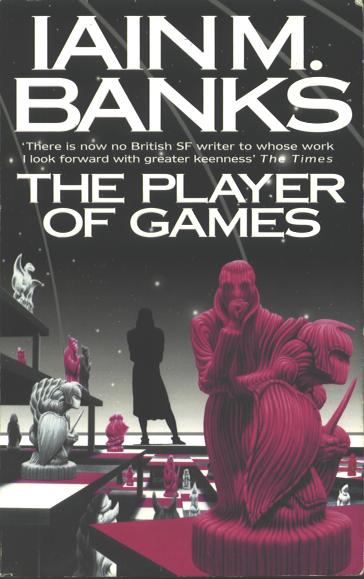Considering one is a visual stimulus and the other is an aural stimulus, that is not exactly surprising.
However the end result is the same. You experience the story in the book. You can discuss the book with others who either read of listened to it. Also, it's not like it's hard to go between the text version and audio version, beyond finding your page/track. Both have the same information.
At worst, the narrator colors your interpretation of the characters' voices and personalities a bit.
there really is more to it than that. I dread mentioning 'power reading' here, but according to that book at least, 'reading' isn't a verbal abiltiy, despite the fact that most people do in fact read like a five-year old, which is reading by making it into voices. This isn't wrong or anything, it's just very slow and hardly efficient as a method of reading.
That type of reading is still very similar to the way it's been done for thousands of years (hearing a speech or tale), but silent reading is different because it depends on a different mechanism compared to the aural one. Silent reading, or 'speed reading' if you must, really is nothing more than shutting off the 'verbing' part of reading, allowing sets of symbols to be 'read' much faster than you could voice them.
Basically: reading consists of eye-movement. That sound wierd, but what is meant by it is that any written material is 'read' by moving the focuspoint of the eyes a bit and then focussing on a section of it. In any typical book, this would be about three to two 'stills' per line, depending on layout and font. While you might think that this means you're not 'reading', the strange part is that this is what reading actually delves down to. We read pictures, in a way, not so much representations of sounds.
A typical "speed reader" will use a pencil as a reference to where they are in the text and focus on 1/3, 1/2 and 2/3 of a line (on the paper, not per sentence) and have read it at that point and move to the next line.
It's not a hard technique to learn and will speed up things significantly while ironically increasing comprehension rates. There are a bunch of other benefits, like increased attention and focus, too.
I've gone out of practise a bit -not that I ever gained it as a natural ability, but I was sorta getting there for a while- and 'verbed' (I have no idea whether this a word) this whole post while typing, and probably done a shitty job explaining this anyway. If you are interested, I read this book:
http://www.amazon.com/dp/0960170618/?tag=neogaf0e-20




